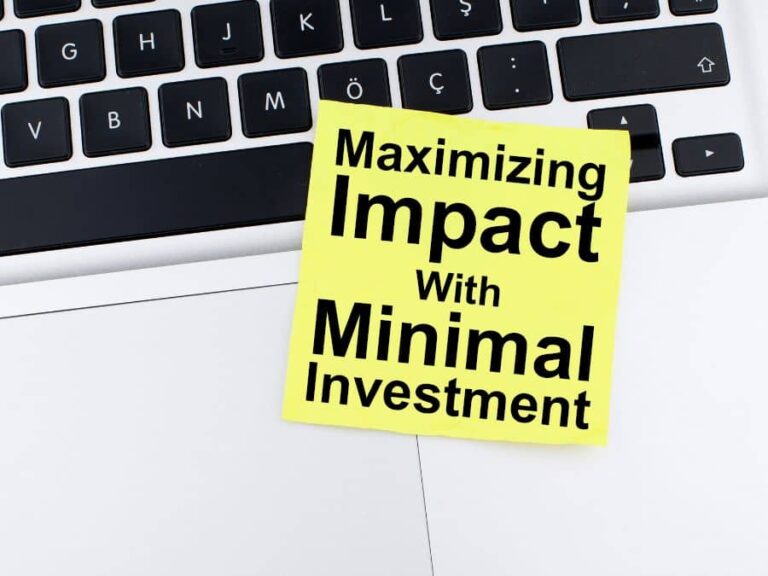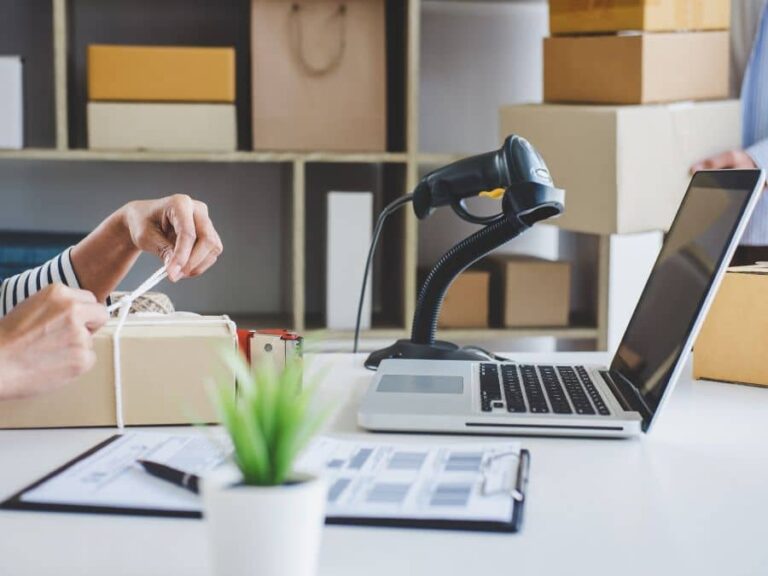Is It Possible To Never Use A Credit Card?
In today’s world, credit cards can be seen as an essential source of funding for everyday life. But is it possible to never use a credit card? It may seem like an impossible feat in this day and age – but with the right planning and attitude, it could be achievable. We’ll explore what you need to know if you want to try living without plastic money.
Credit cards are widely accepted by retailers everywhere, so they’ve become almost indispensable in our lives. But there are many potential drawbacks that come with using them: high interest rates on unpaid balances, fees associated with late payments or exceeding your limit, and temptation to spend more than we should all add up quickly. If these downsides make you hesitant about using a credit card – don’t worry; there are other options available.
We’ll look into how you can live without a credit card while still having access to funds when needed. We’ll also consider the pros and cons of not relying on plastic money so you can decide if this approach will work for you. Read on to find out everything you need to know about ditching your credit card for good!

Definition Of Credit Cards
Credit cards are often seen as essential for a successful financial life. Picture an artist’s palette of colorful plastic rectangles that provide access to goods, services and experiences around the world. Credit cards can be used to make purchases online or in person, and allow users to spread payments out over time with little effort.
However, credit card use isn’t mandatory. In fact, it’s possible to live without ever using one – but it requires some serious willpower. It means avoiding any form of borrowing; instead relying on cash saved in a bank account or other forms of payment such as PayPal or debit cards.
While this lifestyle may seem extreme, there’s evidence that suggests living without credit has its benefits: no debt worries, fewer fees and complete control over spending habits which could lead to greater savings in the long run.
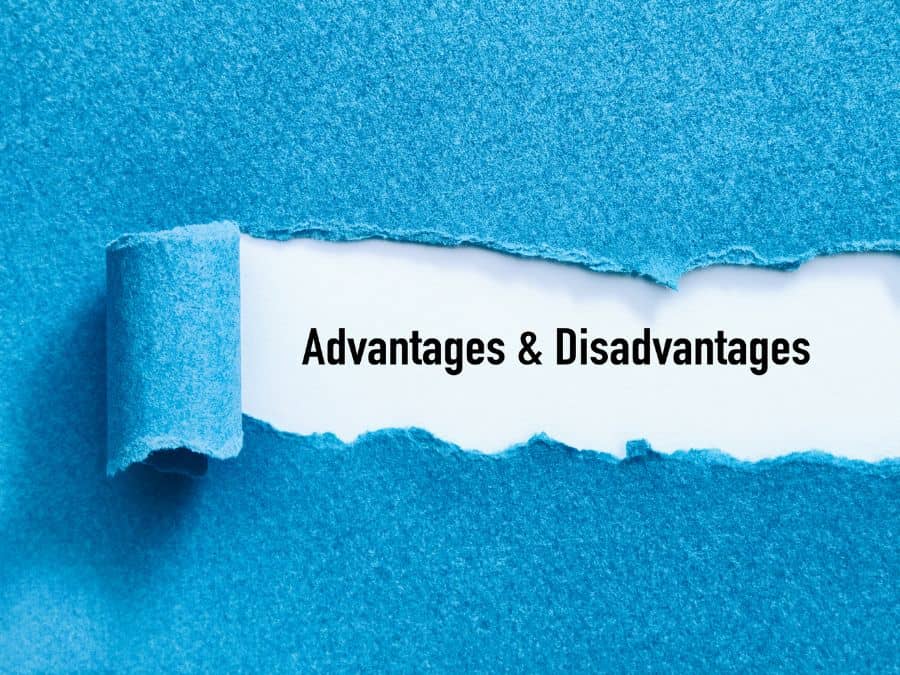
Advantages And Disadvantages Of Credit Card Usage
Credit cards offer convenience and can be an essential financial tool if used responsibly. Yet, avoiding credit card use altogether is possible and could have certain advantages for some individuals. To determine whether it’s the right choice for you, consider both sides of the issue.
The benefits to not using a credit card include no interest costs or fees associated with having one, so there won’t be any surprise charges on your bank statement. Additionally, without a credit card you’ll need to rely exclusively on cash or debit which will help avoid overspending since funds must usually be available in order to make purchases. This may prove beneficial for those who struggle with budgeting and money management skills.
On the other hand, foregoing a credit card means missing out on rewards programs many issuers now offer such as cash back bonuses and travel points that accumulate each time you spend. It also eliminates potential benefits like rental car insurance coverage; airline lounge access; extended warranties; fraud protection; purchase protection plans; and more depending upon your issuer’s offerings. Plus, not having a credit card could hurt your score when applying for loans since lenders factor in how much debt an individual has versus their available credit limit—known as “credit utilization ratio”—in calculating scores.
In summary, while avoiding all forms of plastic might seem attractive at first glance, it’s important to understand the long-term ramifications before making this decision. Ultimately it boils down to weighing the pros and cons specific to one’s own personal situation before deciding if never using a credit card is feasible or better left avoided entirely.

Alternatives To Credit Cards
It is possible to never use a credit card. With digital banking, debit cards and cash become viable alternatives for many people. Debit cards are tied directly to your bank account and cannot be used to borrow money like credit cards can. When you spend with a debit card, the funds automatically come out of your available balance in the checking or savings account linked to it.
Cash is another option that provides an advantage over both credit and debit cards: it helps keep track of spending since there’s no plastic involved. However, cash has drawbacks as well; transactions made with physical currency tend to lack security features associated with other payment methods such as fraud protection if something goes wrong.
Mobile payments provide yet another way to pay without relying on credit or debt instruments. These apps allow users to link their accounts from major banks, PayPal or Venmo, among others. In addition, mobile payments typically offer convenience and speed when making purchases online or in-store – all you need is your phone number or email address! Furthermore, they generally have built-in fraud detection measures which make them more secure than using cash alone.

Pros And Cons Of Not Using Credit Cards
As we have explored, there are many alternatives to credit cards. But could someone actually never use a credit card? To answer this question and shed light on the pros and cons of not using credit cards, let’s take a closer look at the potential implications.
For some people, foregoing credit cards altogether can come with its own unique rewards – both literally and figuratively. By opting out of using any type of revolving debt, it is possible that one’s financial means will remain in their control without having to pay interest or late fees for overspending beyond their budgeted amount. On top of this, those who choose to avoid credit cards may also be able to save on transaction fees when making purchases; as well as benefit from additional consumer protections which are sometimes offered by cash-only retailers.
However, while abstaining from using plastic money certainly has its perks, it can also leave consumers vulnerable in certain situations where alternative forms of payment aren’t accepted (e.g., online shopping). Additionally, it may be difficult to build up good credit history if all transactions are made via cash instead of being tracked through a line of established credit. Ultimately then, whether or not someone decides against ever utilizing a credit card should depend largely on their individual circumstances and what they hope to gain from doing so.
So before deciding on such an important life choice, individuals should thoroughly weigh the benefits against the drawbacks in order to make an informed decision about how best to manage their finances going forward. As always: do your research first – knowledge is power!
Managing Financial Resources Without Credit Cards
Living without a credit card is entirely possible. It requires planning and discipline, but with the right tools and strategies it can be accomplished. For starters, cash should be used wherever accepted. While paying for larger items in full upfront may not always be feasible, most purchases can easily be made using physical money or debit cards.
When monitoring spending habits, budgeting apps are an excellent resource to track expenses and ensure no funds are overspent monthly. These apps can help users identify areas where they could potentially save money while tracking their progress towards financial goals. Additionally, setting up automatic transfers into savings accounts on payday will provide peace of mind that bills can still be paid even if emergencies arise.
Finally, taking advantage of rewards programs offered by certain businesses and retailers can also lead to greater savings when shopping online or at stores. Through these programs shoppers can earn discounts and points which allow them to receive special offers or redeem products without having to use a credit card whatsoever. With some foresight, anyone can manage their finances responsibly without relying on plastic as the primary payment method.
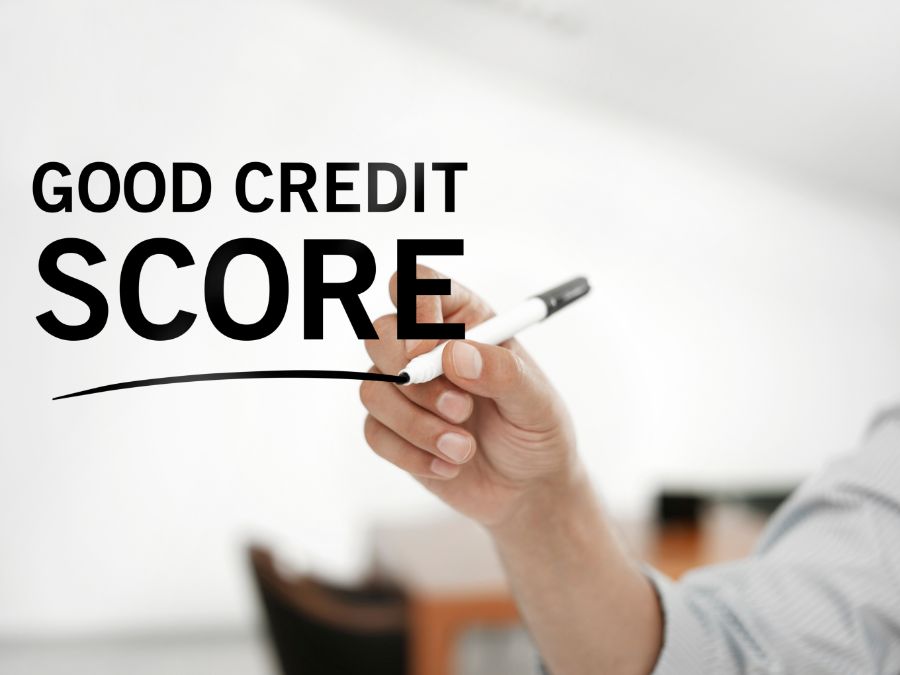
Tips For Building A Good Credit Score Without A Credit Card
It is possible to build a good credit score without using a credit card. One of the most important steps in building a good credit score is to pay all bills on time. This includes utility bills, rent payments, and any other loan payments. Regularly paying these types of bills shows creditors that you’re reliable with finances. It also builds up your payment history, which can significantly improve your credit score over time.
Using alternative reporting services like RentTrack or Experian Boost are great ways to show lenders that you make consistent payments each month for housing and utilities. Both services allow users to submit rental payment information directly to their respective credit bureaus so it appears as part of their overall credit profile. Additionally, some banks may offer secured loans that report to one or more of the three major credit bureaus; this way borrowers can demonstrate responsible borrowing habits while not taking on too much debt at once.
Finally, if you do decide to use a traditional banking institution even though you don’t have access to a credit card, consider opening an account with them. Being able to display regular activity from the bank could help bolster your overall financial standing and create positive associations between yourself and potential creditors who check your background before offering financing options down the line.
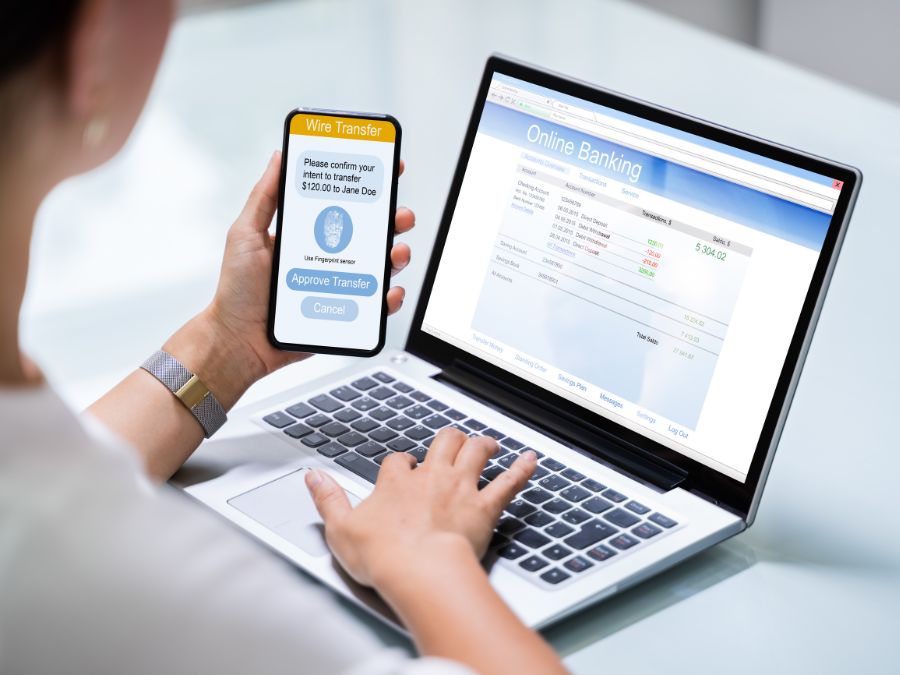
Strategies For Paying Bills Without A Credit Card
It is possible to live without ever using a credit card. However, there are several strategies that can make managing bills much easier even when debt-free. Below are some of the most effective ways to pay for necessary expenses and manage your finances effectively:
- Direct Debit/Automatic Payments: Automatically transferring funds into multiple accounts from one source eliminates the need to remember due dates or worry about late payments. This system also ensures you never overspend by setting limits on how much money will be transferred each month.
- Cashless Banking Apps: These apps provide users with an easy way to track their spending habits, budgeting activities, and set up payment reminders. They allow users to transfer funds between different accounts while monitoring transactions at all times.
- Prepaid Cards: When linked to a bank account, prepaid cards offer many of the same benefits as credit cards without incurring any debt. Although they may charge fees in order to use them, they give consumers access to cash quickly and securely while avoiding potential interest charges associated with using a regular credit card.
By taking advantage of these methods, it is possible to stay afloat financially without having to rely on a credit card at all. With careful planning and close attention paid to financial obligations, it’s feasible for anyone who wants no part of traditional banking products – like credit cards -to thrive in today’s society.
Dealing With Emergencies Without Using A Credit Card
Although it is possible to never use a credit card, emergencies can happen when least expected. It’s important to have a plan of action in place so you’re prepared regardless of the situation. With careful planning and budgeting, there are ways to deal with financial issues without resorting to using a credit card.
One option is saving money throughout the year for unexpected expenses. This can be done through building an emergency fund or opening a savings account specifically dedicated to dealing with unforeseen bills or payments. Having this cushion allows you to pay out of pocket instead of relying on borrowed funds from a credit card company.
Another alternative for dealing with emergencies could be borrowing money from family or friends if available. This personal loan requires no interest rate and should not take long to receive compared to applying for a traditional loan from banks or other lenders. If all else fails, reaching out to charities may also provide assistance in certain cases.
No matter how well you’ve planned ahead, life sometimes throws curveballs that require quick action and sound decision-making skills – having multiple options at your disposal gives you flexibility in responding quickly while staying financially secure during tough times.
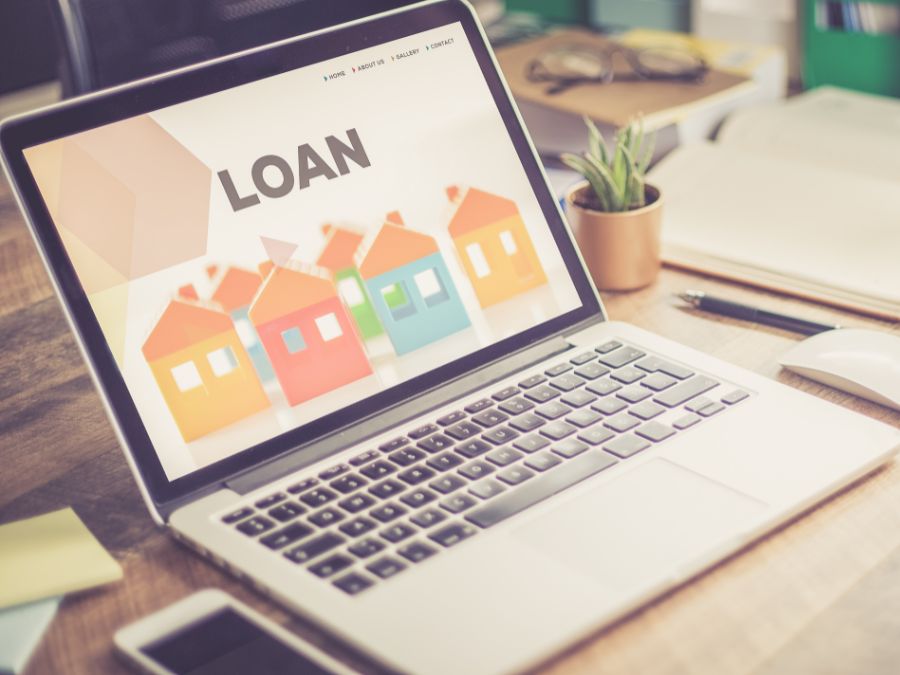
Securing Loans With No Credit History
Many people assume that without a credit card, it is impossible to secure any type of loan. However, this is not necessarily the case. While having no credit history can make securing loans more difficult, there are still options available for those who need financial assistance.
Take the example of Ted and Susan Green. When they decided to buy their first home, their lack of credit history made it hard to find an affordable mortgage. After months of searching, they finally found a lender willing to offer them a loan with reasonable terms. To do so, the Greens had to provide proof of income as well as savings accounts that demonstrated responsible financial management over time.
There are several steps anyone can take in order to secure a loan without using a credit card:
- Explore alternative lenders like community banks or local credit unions which may be more flexible than traditional lending institutions when considering applicants with no established credit.
- Provide evidence of income such as pay stubs or tax returns and demonstrate steady employment over time.
- Show proof that bills have been paid on time by creating records from utility companies or other creditors that reflect timely payments every month.
For many individuals and families seeking financing, taking these measures can open up opportunities while avoiding reliance on high-interest debt products like credit cards. It is possible to access loans and grow wealth even if you never use a single one of them!
Understanding The Impact On Your Financial Future
Choosing to never use a credit card can have both positive and negative impacts on one’s financial future. For starters, it eliminates the risk of accumulating credit card debt, which typically has high-interest rates that make it difficult to pay off. It also leaves an individual with fewer options when they need access to emergency funds or short-term financing solutions.
On the other hand, avoiding credit cards altogether could limit someone’s ability to build a strong credit score. This is because most major lenders require borrowers to demonstrate their trustworthiness by showing history of making payments on time — something that isn’t possible without using at least some type of borrowing instrument such as a credit card or loan. Credit scores are important for those who want to obtain loans at favorable terms in the future, so not having any may put people at disadvantage during negotiations with lenders.
Ultimately, opting out of using credit cards entirely comes down to personal preference and how much you prioritize building your credit over taking on additional debts. It’s important for individuals to be aware of all potential outcomes before deciding which path is best for them financially.
Conclusion
In conclusion, avoiding the use of a credit card is certainly possible, but it requires careful planning and dedication to financial discipline. Like navigating a ship on an open sea, managing your finances without access to a credit card can be done with diligent attention and preparation for any potential storms ahead. It also means having alternative options for paying bills or securing loans when needed.
The decision not to use a credit card will have an impact on one’s future financial standing as there won’t be a record of responsible credit usage. However, if managed correctly, those who choose this route may still secure financial stability by using other reliable sources of income and carefully tracking their spending habits over time.
Ultimately, deciding whether or not to use a credit card comes down to personal preference and what works best for each individual in terms of achieving their goals. With careful consideration and proper guidance, anyone can make informed decisions about how they want to manage their money without relying solely on plastic cards.




